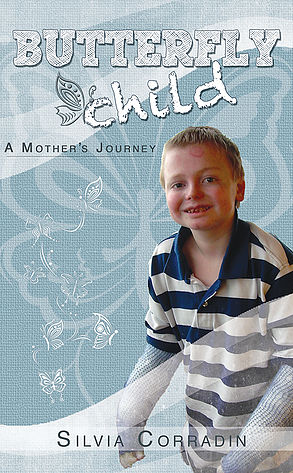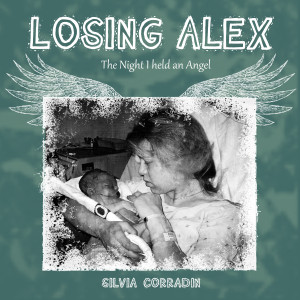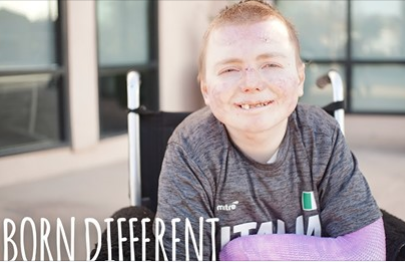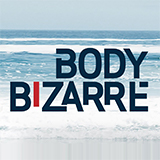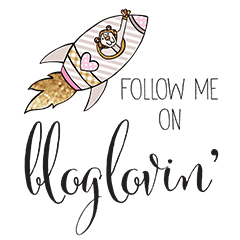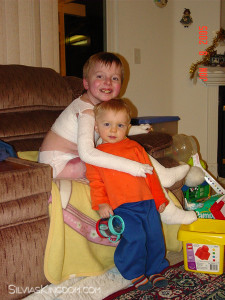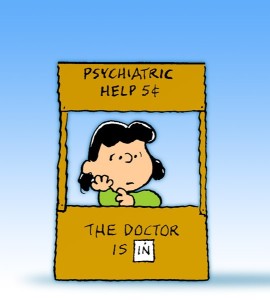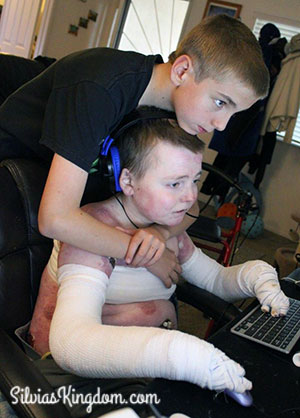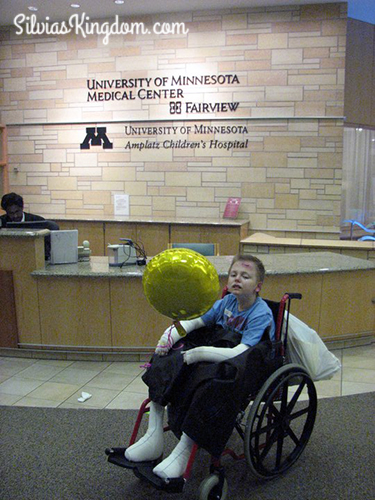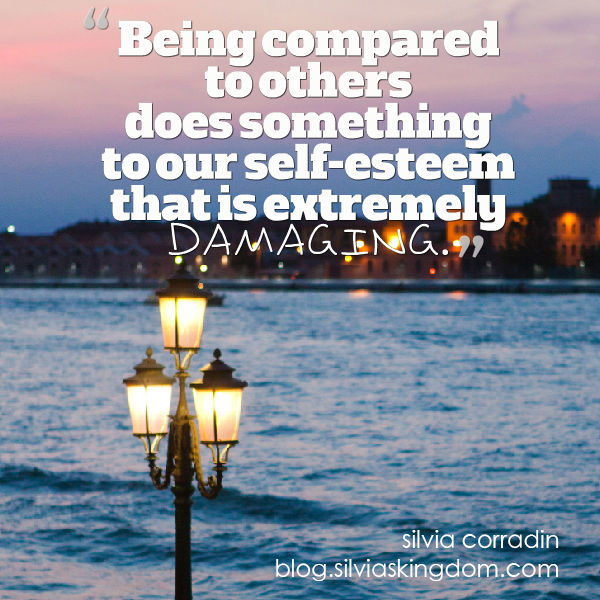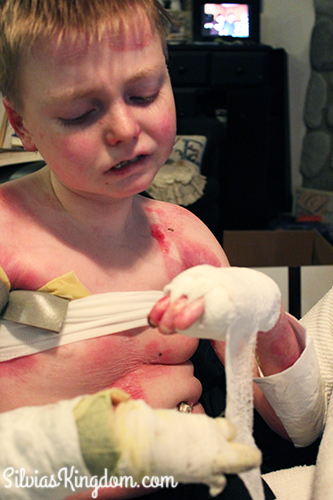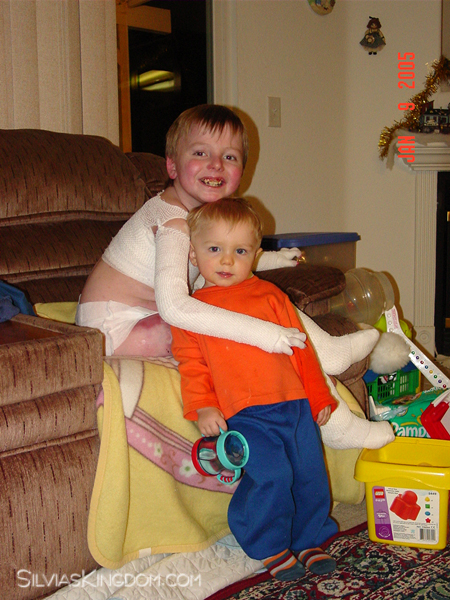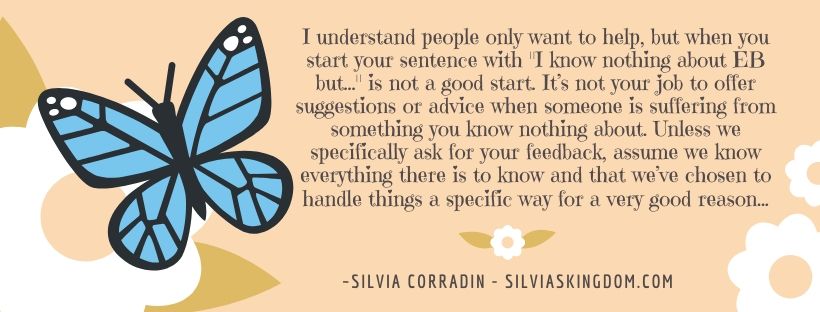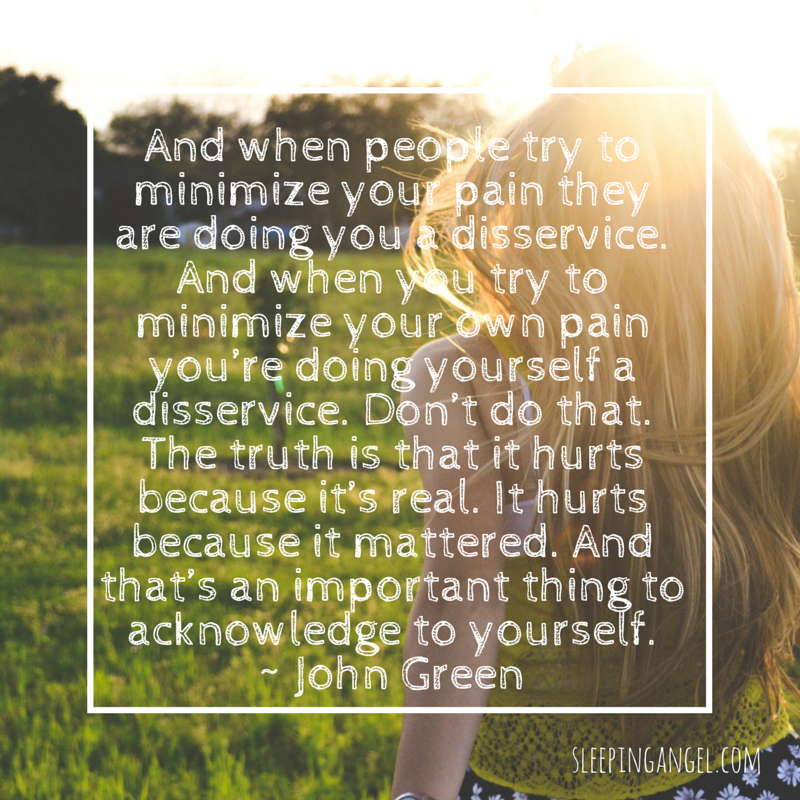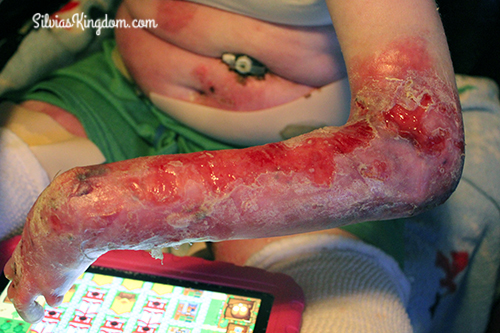I was just thinking last night how sweet and compassionate Connor is with Nicky. He is very patient while I spend an hour almost daily helping Nicky with his homework, about two hours every night changing bandages, about 45 minutes at night putting Nicky to bed, and another 45 minutes in the morning to get him up for the day. I have to help Nicky to get dressed, to the bathroom, I have to get him water, pain meds and the list goes on and on. I was a little frustrated the other morning and didn’t hear Nicky throwing up and Connor came in to hug me and to let me know he gave Nicky some water and a towel to throw up in. I just could not hug him and kiss him enough. “Thank You” “Thank You” “Thank You”!!!
Connor is very good at entertaining himself, and is so self-sufficient nowadays, it’s easy to forget he’s there sometimes. He does not need to be told to do his homework, or to brush his teeth, he and Nicky play together and fight together. But because I spend so much time every day taking care of Nicky, sometimes I wonder if I tell him I love him enough, I wonder if I spend enough time with him, I wonder if having a special needs sibling will, in the long run, be a positive or a negative force and influence in his life.
I always felt it was a positive, to be honest, until I read a book entitled ‘The Normal One’ by this self-proclaimed ‘damaged sibling’, a PhD nonetheless. I was so upset by this author. She was extremely negative in every way. I understand that she had a bad experience, but she’s an adult now, a PhD, couldn’t she find anything positive to say? The only thing she said to those who had a more positive experience was saying that they were in ‘denial’. She claimed she was severely damaged, and, somehow, could not find a single sibling to interview for the book who would be willing to speak positively about their special need brother or sister. Oh well, if they would, she would state they were in denial anyway. Right? If at least there had been some ‘tips for parents’ to teach us the dos and the dont’s, at least I would have learned something. Instead, all I learned from reading this book is how a healthy adult, successful sibling can pretend her brother does not exist. Very sad.
So… I searched for a new book to give me a more balanced view, something that could help me, rather than give me a self-indulgent, poor me, self-pity, negative view of the world of a healthy sibling, and I found it. It’s called ‘Special Siblings‘ and just by reading the first few chapters I love it. It’s truly hands on. It speaks about all the different aspects, the positive, the negatives and more. It it quite interesting and I already learned a lot. It states in there, for example, how siblings of “physically” disabled children are more prone to have positive childhoods than those who have siblings with any kind of mental illness (phew!) and how in all the interviews she conducted, it’s about a 50/50 with the positive/negative.
It’s interesting how I’ve turned more and more to books for advice over the years. That way I can take what I need and leave what I don’t. Only a few years back I would have just asked the question to one of the various online support groups, but sadly it’s becoming harder and harder to be part of these groups because of the way people talk to each other and assume things they have never seen, or assume things about situations they’ve never been in. It should be so simple, right? If you’re not a parent, please don’t give parenting advice. If you never had whatever issue they are dealing with, refrain from suggesting things. I never, for example, suggest anything to anyone that deals with a different form of EB. Different forms of EB are so different than what works for one patient, would hurt another one. I am not going to assume anything. And, yes, I learned this the hard way. If I ask about ‘a’, please don’t give me advice about ‘b’.
I feel as if social graces have gone away with the internet sometimes. The internet can be so great, and it can also be so hurtful. Everyone feels as if they can say anything they want and tell people what to do even when not asked. If I had a dime for all the products people suggested to me that I never asked for, I would be a millionaire. I realize people are only trying to help, but, still. If after 17.5 years I haven’t tried every cream/ointment/oil/drug on the market for the skin, I must be a horrible parent.
Back in the olden days I actually used to run an EB support group myself and I learned a LOT. Believe me, I got scars and bruises on my soul to prove it. Tons of them. Nowadays I rarely give advice and I am not exactly fond of receiving it if it’s unsolicited. If so, my standard response is “ok, thank you’. I basically thank them for the suggestion without going into detail if I use it, when I used it, when I tried it, if it worked or not, or whatever the case may be. Chances are my message will not even get replied anyway. They rarely are. I am grateful and that’s that. I take the suggestions as a gift. I already opened thousands of gifts, and now they are almost always duplicates.
Having said that, here’s what I learned about giving advice. Take it or leave it. My feelings are not hurt.
1. Make sure your advice is wanted and asked for. It may seem common courtesy, but advice only works if there is a willing, receiving ear. Therapists themselves spend most of their time asking questions and listening, often having the patient come up with their own solutions.
2. Make sure it’s really advice your friend asks for. Sometimes, especially women, just want a sounding board.
3. Don’t be a know-it-all. Never start a sentence with ‘you should’ or ‘if I were you’. Especially refrain from telling someone to do something ‘ASAP’. For one, you’re not privy of all the details and situation. Even if you were, everyone is different. Secondly, these statements can come off pretentious and judgmental. Instead, use statements that start with “I feel” “Have you considered” or ‘In our experience’. They are a lot less threatening and are more open minded, feeling more like a warm hug instead of a shove, leaving your friend the decision to follow through with your advice instead of feeling she ‘should’ do anything or worse, thinking she did something wrong by not thinking about it herself.
4. Advice comes down to empathy. If all you have to give is a prayer or a hug, it’s good enough. I really appreciate every positive thought, prayer and love sent my way.
It truly does come down to Love.
Love & Light,


